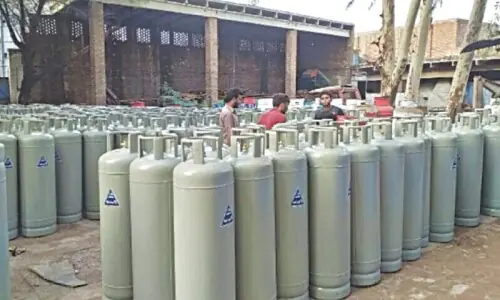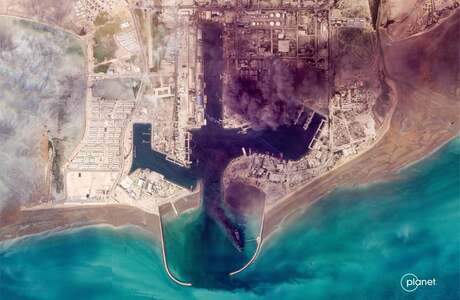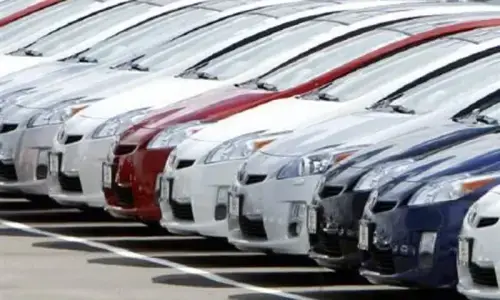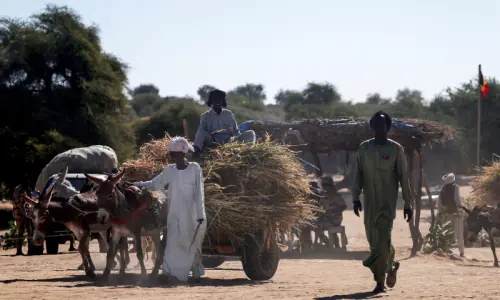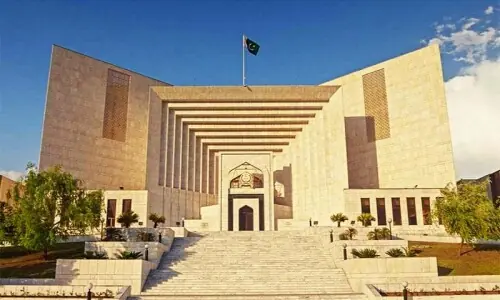THESE are challenging times, however you describe them: The Great Repression, The Great Pause or The Great Lockdown. And the unenviable task of preparing next year’s budget for a $300 billion economy and 220 million people in these most uncertain of times falls on the shoulders of the finance ministry.
To start with, there are some ground realities it must face. We are still under a stringent IMF Extended Facility Fund programme with all its conditionalities. These will most certainly be modified in the changed circumstances, but not completely ignored. It is important that we continue firmly with the programme. It would be a grave mistake if, during this period of unparalleled global uncertainty, we are seen as living up to our past reputation of a one-tranche borrower!
Arguably, the government should adopt a three-month flexible rolling budget for next year within a conventional annual budgetary framework and supplementary grants to help shift resources within. This would be a pragmatic response to the prevailing uncertainty and provide a mechanism for reconciling expenditures with priorities that are in considerable flux.
A strong justification for this approach is that, at least for the first three months starting July 2020, next year’s budget would need to set aside maximum funds based on a worst-case scenario for direct income support to the poor and unemployed workers, together with financial support to medium and small businesses. This would, in the first instance, quickly exhaust the little funds we would have left on our expected revenues after paying for recurring defence expenditure, debt, and government salaries and pensions.
There may be some funds left over from the $1.4bn we received in April from the IMF, and some support could be expected from donors, the World Bank and ADB. These funds would, however, probably be far short of the amount needed to address the challenges we will face during the rest of the year, necessitating a quick shift in priorities and resources. As for debt relief on foreign loans, despite the prime minister’s valiant efforts, it would be prudent not to build up our hopes and next year’s budget on any substantial relief under this head.
The government should adopt a three-month flexible rolling budget for next year.
This continuing resource crunch is already reflected in the indicative allocation (budget ceiling) given to the planning ministry of Rs600bn (of which Rs70bn will be retained for other heads) for next year’s federal PSDP. We can expect that the same amount will be distributed among all the provinces for their annual development plans. This paltry total amount for the federal and provincial governments works out at less than 2.5 per cent of GDP. This means that a major engine of economic revival and growth is being put on the back-burner, with negative consequences for future growth and development.
These cuts in development expenditure would need some quick rethinking by the Planning Commission, with a sharp focus on generating more employment with its limited resources. To start with, top priority must be given to providing protective gear and life-saving equipment to our brave doctors and medical support staff, and to expanding the number of hospital beds and ICUs with ventilators. At the same time, projects nearing completion must be fast-forwarded, and labour-intensive livelihood schemes started immediately all over the country. With the exception of health and education, whose allocations are already very low and need to be enhanced, all long-gestation projects would have to be slowed down, with resulting cost over-runs. As the situation improves, these too could be gradually restarted. A flexible budgetary allocation mechanism would allow such shifts to take place.
It needs to be stated clearly that this is the wrong time for the government to start being overly generous in its support to large, well-established firms in the form of subsides and interest-free loans. It is true they have suffered losses over the last few months, but they are quite capable of recuperating their losses substantially — given their historically high price-cost margins — once the domestic economy begins to pick up by the last quarter of this calendar year and the global economy by early next year. What is needed instead is a more accommodating monetary policy with a further substantive drop in interest rates and a significant increase in credit availability to restart their economic units. These steps would also benefit SMEs.
It is also alarming to read in the press that the government has transferred Rs30bn for the SDGs Social Action Programme to the Parliamentary Division. This head should be placed firmly under the Planning Division where local-level initiatives can be expanded under an integrated overall plan for socioeconomic development, rather than in a piecemeal manner distributed among parliamentarians. Elected representatives should certainly play a role in designing these projects, but their implementation and financing should be under strict financial scrutiny.
On targeted revenues, the finance ministry had realised even before the pandemic that it was a grave mistake to give in to the IMFs over-ambitious targets, which the FBR missed by over 30 pc. Given the current uncertainty, it would be wiser to plan initially for a slightly higher revenue increase over this year rather than getting our fingers burnt again. Of new taxes, a reintroduction of the wealth tax in stages could be justified.
A rolling budget would allow flexibility to ‘roll with the punches’. But the finance ministry will need a more accomplished team than presently at its disposal to implement this. A carefully selected and more inclusive team of experts and officials could be tasked for implementing the rolling budget under the prime minister. This would ensure timely shifts in expenditures and firm control over the size of the overall fiscal deficit.
It is imperative that after overcoming Covid-19 we not return to our increasingly frequent stop-go cycles.
The writer is a professor at the Lahore School of Economics and former vice-chancellor of the Pakistan Institute of Development Economics.
Published in Dawn, May 11th, 2020














